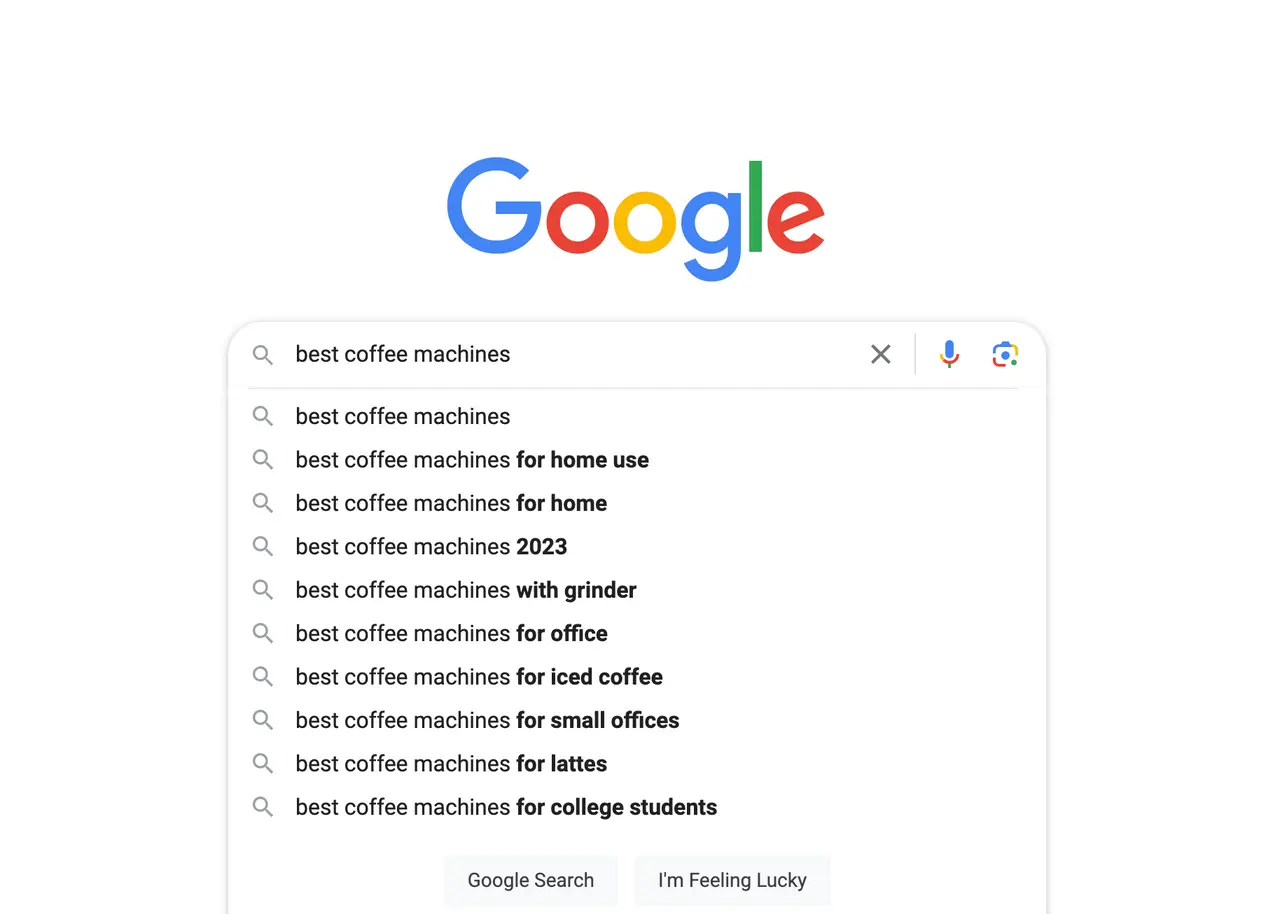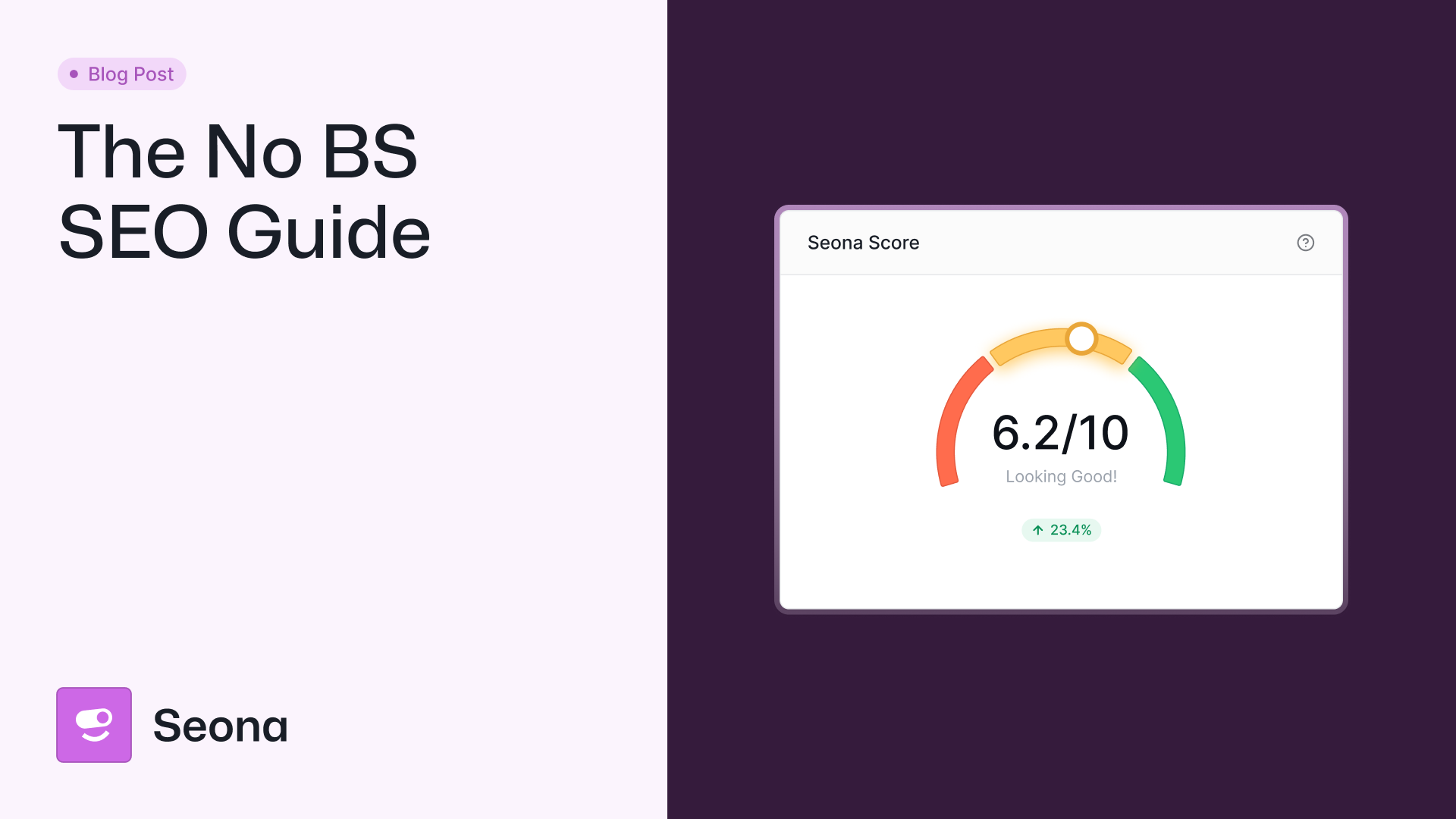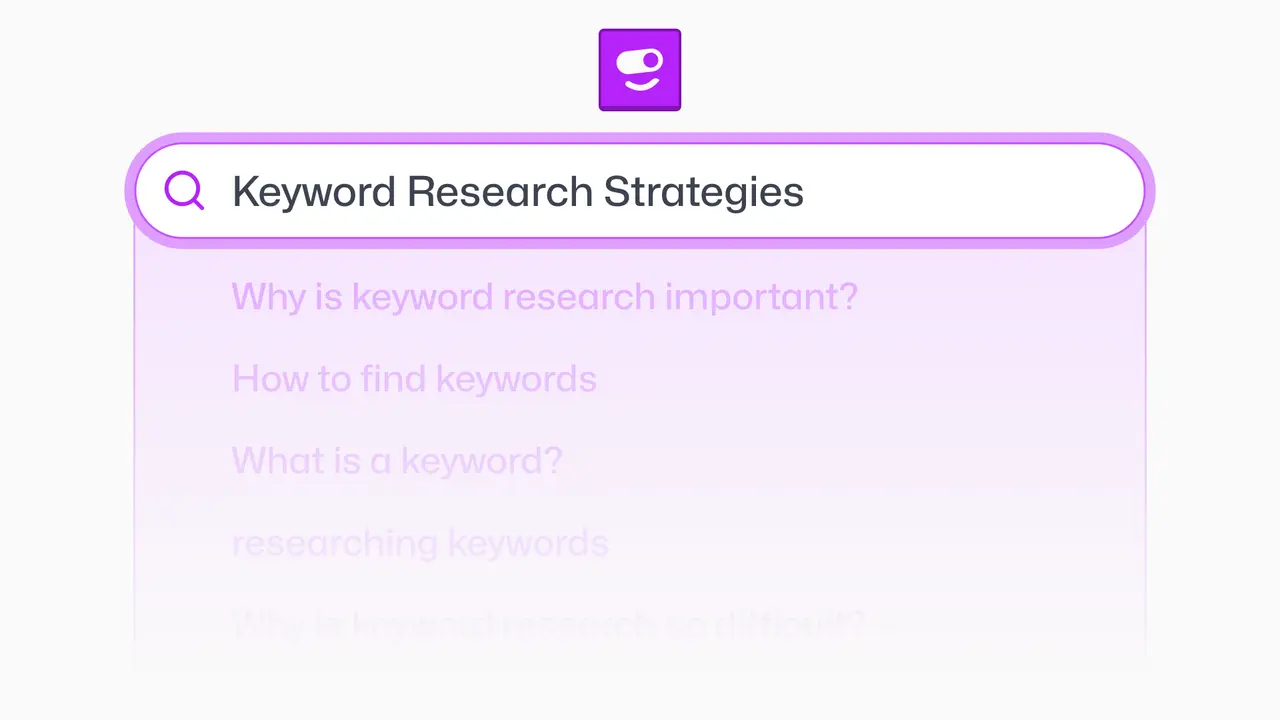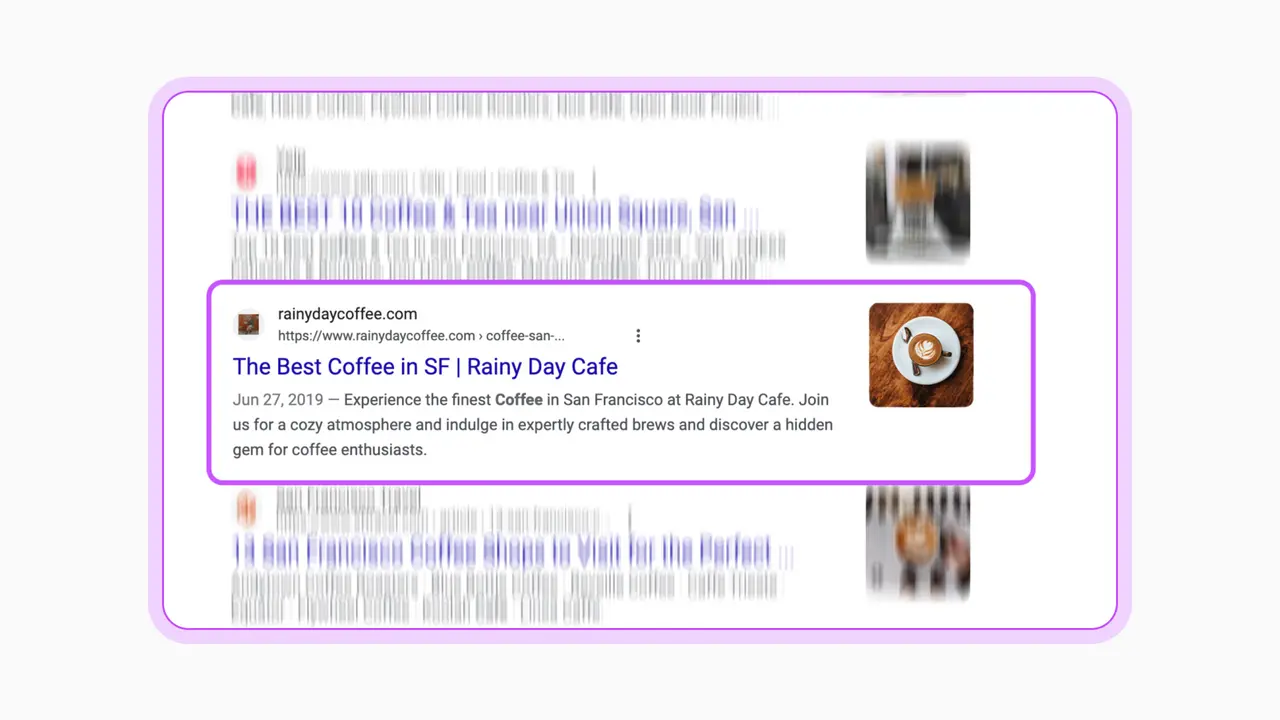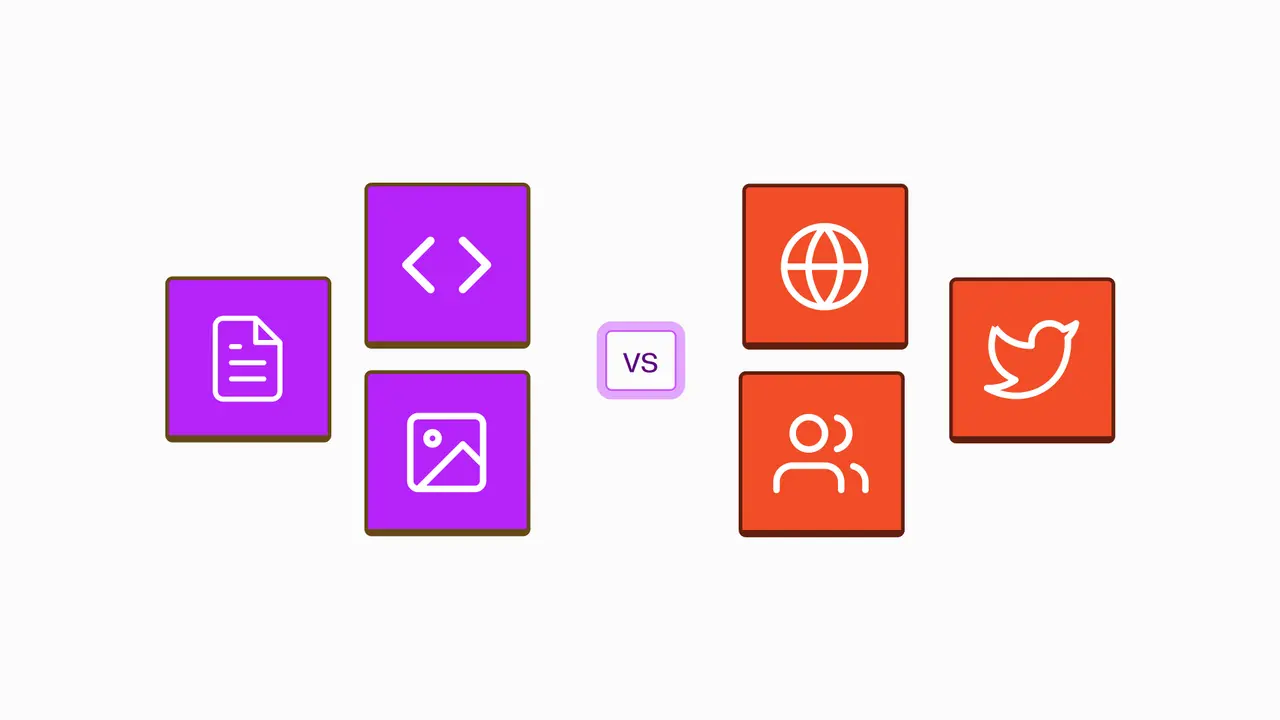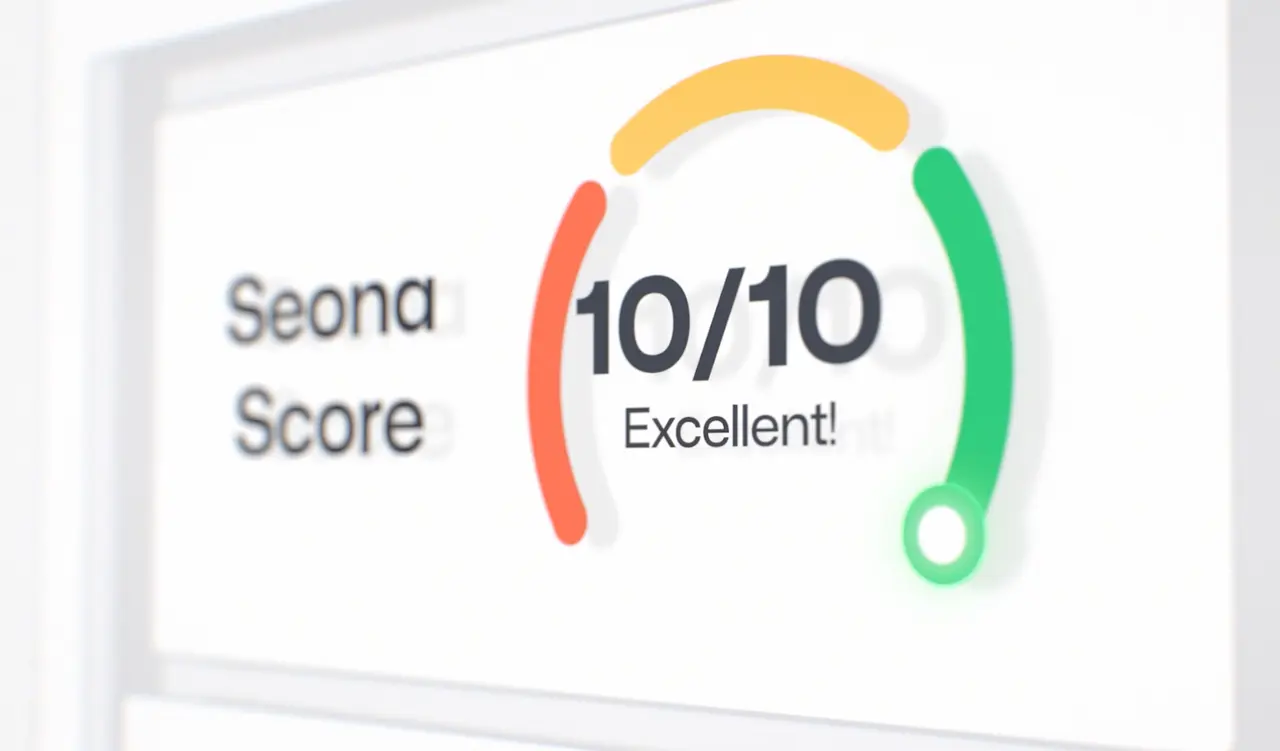How to Use Keywords to Improve Your Site’s SEO
Using the right Keywords can make or break your SEO strategy. Here’s how you find the right ones.
June 26, 2023

So, you’ve started your business, launched your product, and created content for your socials, but traffic is slow and people can’t find your site. You’re frustrated, you want everyone to know about your product or service! The solution to your problem can probably be fixed by using keywords to improve your search engine optimization (SEO).
What are Keywords?
Keywords are ideas and words that define your product/service. Concerning SEO, keywords are specific words that searchers are using to scour the internet for what they need. Utilizing relevant keywords can significantly improve your SEO strategy, increase your Google Search rank, and make your product/service site more visible to your target audience.
So is a keyword a search query? No. Search queries are different questions that a searcher could pop into Google Search, while keywords are the specific phrases or words that link all those questions together.
Keywords are what you want your website to rank for, rather than being ranked in specific search queries that are less likely to be searched for; i.e. you want your website to rank higher in more general searches with keywords to reach a larger portion of your target audience.
Keywords could be single words, acronyms, or it can be two words or more, known as a long-tail keyword. Long-tail keywords are used to create specified keyword phrases. Searchers usually use long-tail keywords to narrow their searches as they refine their searches.
What are some Advantages of using Keywords?
Keywords can help attract the right audience to your page, increasing the awareness of your product and drawing in potential consumers. By using keywords to indicate to search engines that your site is relevant to search queries, search engines are better able to rank your site for relevancy to searchers and consumers. Increased relevance to search queries can attract more qualified traffic to your site and increase conversion.
How can I Improve the Keywords I Use?
Create a Seed List of all Relevant Keywords
Note down anything that describes your product/service, and some central words and phrases that you think consumers would use when searching for your product.
Use our AI Assistant, Seona, to Optimize your SEO Instantly
Easily paste your site’s URL into Seona and get a comprehensive evaluation of your site’s SEO on a scale of 10. Seona will then recommend keywords that you can utilize to improve your site’s search rank, as well as pinpoint other key areas for growth! There’s no reason to complicate the process when Seona is available to help, providing recommendations weekly to continuously improve your site’s SEO.
Use Long-Tail Keywords
Long-tail keywords tend to have a greater conversion rate than broader keywords as they are more specific. Consumers tend to use long-tail keywords when they are approaching the point of purchase. Utilizing long-tail keywords on your site could greatly increase conversion even though long-tail keywords have a lower search volume. Even with a lower search volume, long-tail keywords make up the majority of searches on search engines. For advertisers using keywords, long-tail keywords prove to be more valuable in a cost-per-click (CPC) scheme, as the CPC per each keyword is lower as there is less competition with greater conversion.
Use Keyword Generators
Using keyword generators like Semrush or Ahrefs can make the process of researching keywords easier, but generators tend to ignore long-tail keywords unless you filter for them. As such, these generators are great tools for generating head keywords but are less valuable if you are looking to increase conversion.
Never Stop your Keyword Research
Searches and phrases that consumers use are changing over time as trends and interests fluctuate. To optimize your keyword use and your SEO, keep researching and generating keywords that are relevant to your product to keep increasing your site’s rank.
Research with Google’s Autocomplete
When using Google’s search engine, the autocomplete feature will provide you with a drop-down catalog of phrases related to your search. As you manage your site, integrating the phrases and keywords that Google’s autocomplete feature suggests could improve your site’s ranking. While the words that autocomplete suggest may not be long-tail keywords and may actually be highly competitive words, they are still helpful to utilize to increase rankings.
What Shouldn’t You Do with Keywords?
Avoid Keyword Stuffing!
Stuffing your site with keywords can manipulate rankings in Google Search, but no one wants to be misled into a site. Overloading on keywords can also make a site’s content unreadable to a searcher.
Don’t Use Unrelated Keywords
This can mislead customers and can lead to issues with Google’s search engine. The use of keywords to optimize SEO should follow Google’s Best Practices. Keyword abuse can lead to demotion in search rankings.
Avoid Awkward Keywords
Keywords should be naturally used within your meta information/description and site text, rather than being awkwardly placed on your site. A meta description tag informs searchers about a site’s content in a short, summary that is placed under a site’s link on the search engines results page (SERP).
While some search engines like Google do not use keywords in meta information to rank your site for relevancy, the employment of keywords in your meta information can increase relevancy to a searcher on their SERP.
Where Should You Use Keywords?
Page Titles
The first thing that grabs a searcher’s attention is a page title. When the keyword that a searcher used is in the page title, they are more likely to get excited and click on it. By appealing to a searcher’s sense of relevance and ego using keywords, people are more likely to feel connected to your site and visit it. Page titles are also used in Google’s SERP ranking algorithm so it’s important to use relevant keywords to lead to higher rankings.
Content
Content is the most important place to use keywords, and is where long-tail keywords can be leveraged to improve your site’s relevancy and ranking on the SERP. Considering how to improve keywords and what practices you shouldn’t employ with keywords, it is crucial to have unique, relevant content to increase your site’s ranking and optimize SEO.
URLs
While you should aim to have a short URL, URLs indicate to Google what a page is about and can be used to increase your site’s ranking.
Meta Descriptions.
Again, while meta descriptions are not used in Google’s SERP ranking algorithm, using keywords in your site’s meta description will appeal to searchers and encourage them to choose your site. With greater click-through rates, Google will rank your site higher for relevancy. It’s important to write a meta description for each page on your site with distinct long-tail keywords.
Too Complicated? Try Seona.
While using keywords for search engine optimization may seem overwhelming, our product Seona can make the process easier. Our AI SEO assistant that researches keywords, fixes site errors and writes blog posts automatically, every week. Use the built in dashboard to track recommendations, competitors, and watch your SEO improve in real time.
Try Seona for free! Optimizing your site has never been easier.
